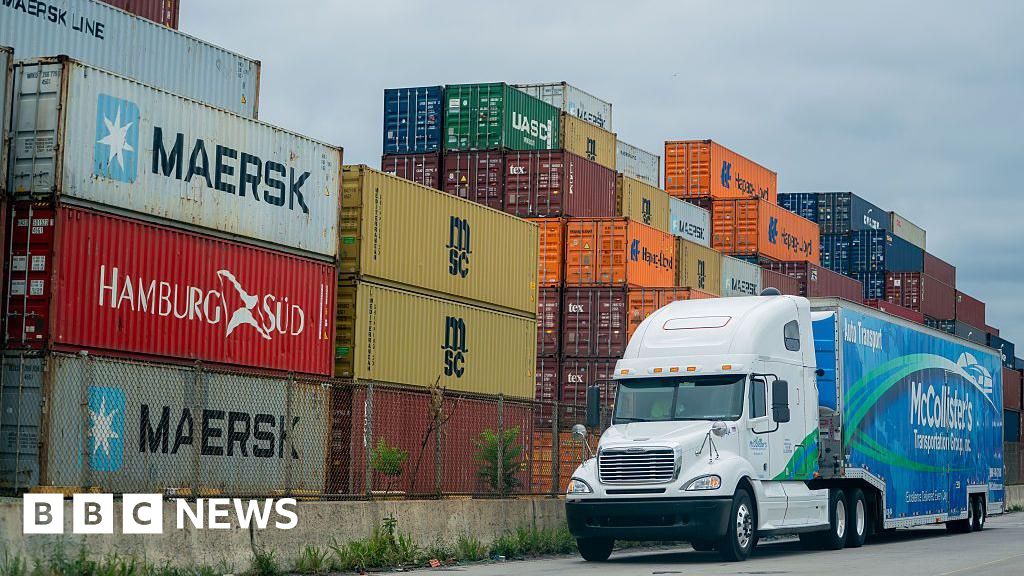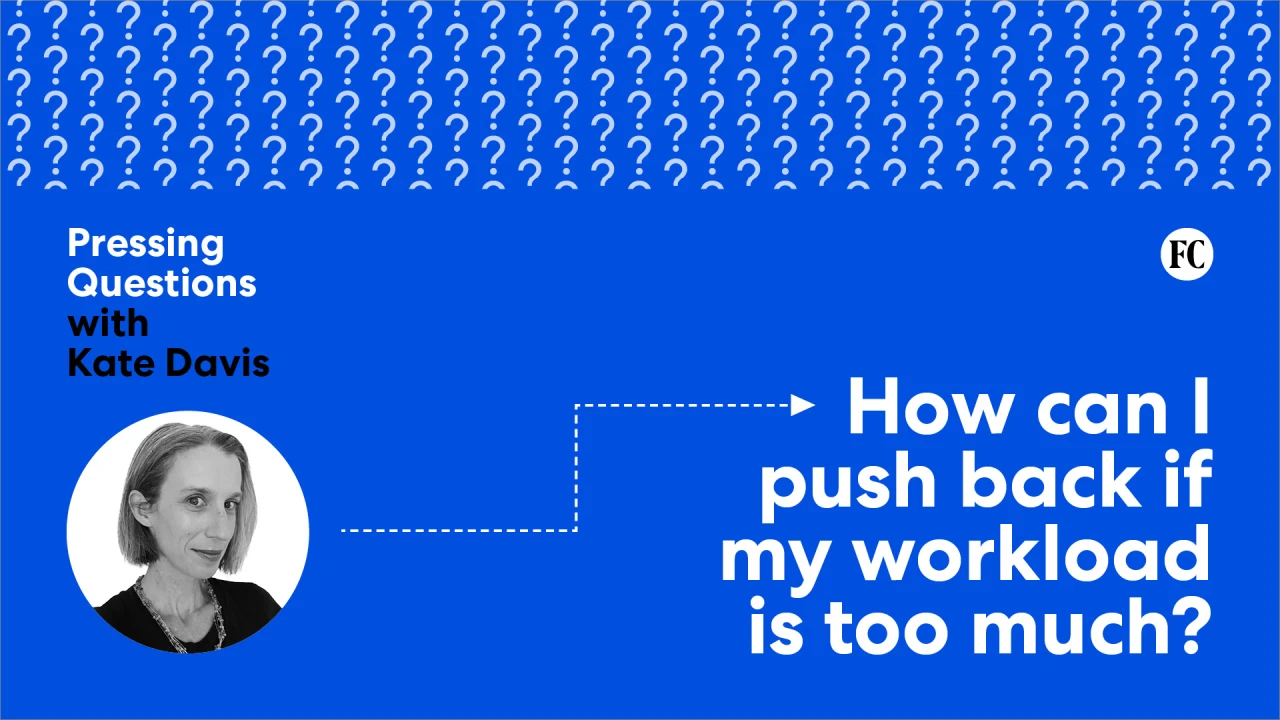What Are SBA Loans and How Do They Work?

SBA loans are vital financial tools designed to help small businesses thrive in the competitive U.S. market. Backed by the Small Business Administration, these loans come in several types, including 7(a) loans and Microloans, and can provide funding up to $5 million. Comprehending the different types, eligibility criteria, and application process is fundamental for any business owner seeking financial support. So, what should you know to navigate the realm of SBA loans effectively?
Key Takeaways

- SBA loans are government-backed loans designed to support small businesses with competitive interest rates and flexible repayment terms.
- The primary types include SBA 7(a) loans, SBA Express loans, SBA 504 loans, and SBA Microloans, catering to various business needs.
- Eligibility requires the business to be for-profit, located in the U.S., and owners to have a good credit history.
- The application process involves gathering detailed documentation and can take 30 to 90 days for approval.
- Advantages include lower fees and favorable terms, while strict eligibility criteria may limit access for some businesses.
Understanding SBA Loans

When you’re exploring financing options for your small business, comprehension of SBA loans is essential, as they offer a range of benefits customized to support your needs.
SBA loans, particularly the 7(a) loan, can provide up to $5 million for various business purposes, whereas SBA Express loans enable faster access to funds up to $500,000.
These loans typically feature competitive interest rates based on the prime rate plus a markup and come with longer repayment terms of 6 to 25 years.
To qualify for the best SBA loans, you must meet specific eligibility criteria, including being a for-profit business operating in the U.S.
In addition, personal guarantees from owners with significant stakes are often required when you apply for financing.
Types of SBA Loans

There are several types of SBA loans available, each customized to meet different business needs. Here’s a brief overview of them:
| Loan Type | Description |
|---|---|
| SBA 7(a) loans | The most popular option, offering up to $5 million for working capital, equipment purchases, and business expansions. |
| SBA Express loans | Provides up to $500,000 with faster funding and a 50% guarantee from the SBA, ideal for quick financing. |
| SBA 504 loans | Designed for long-term fixed asset financing, allowing up to $5 million for real estate and machinery. |
| SBA Microloans | Offers up to $50,000 for startups and small businesses, focusing on working capital and equipment needs. |
| SBA Disaster loans | Provides financial assistance of up to $2 million for businesses impacted by disasters. |
Each type serves unique needs, helping you secure the funding necessary for growth and recovery.
Eligibility Criteria for SBA Loans

To qualify for SBA loans, your business must be for-profit and operate within the U.S. or its territories, adhering to specific size standards established by the SBA.
Here are the key eligibility criteria for a business loan:
- Ownership: Individuals owning 20% or more must provide personal guarantees for the loan.
- Creditworthiness: Demonstrating good credit is vital, especially for established businesses, though startups can apply.
- Financing Need: You need to show a valid financing need, such as working capital, equipment purchases, or expansion.
SBA 7(a) loans have additional industry-specific standards that you can find online.
Application Process for SBA Loans

When you’re ready to apply for an SBA loan, you’ll need to understand the eligibility requirements and gather vital documentation, such as financial statements and tax returns.
Completing the appropriate application form, like the Borrower Information Form, is pivotal for providing detailed insights into your business and its ownership.
The timeline for approval can vary greatly, often taking from 30 days to several months, depending on the lender’s assessment of your application.
Eligibility Requirements Overview
Steering through the eligibility requirements for Small Business Administration (SBA) loans is essential for aspiring borrowers.
To qualify, you’ll need to guarantee your business meets the following criteria:
- For-Profit Status: Your business must operate for profit within the U.S.
- Personal Guarantee: Owners with at least 20% ownership must provide a personal guarantee, assuring accountability for repayment.
- Creditworthiness: You must demonstrate good credit history, as this is a key factor for approval.
Additionally, prepare necessary documentation such as financial statements, tax returns, and a solid business plan.
Keep in mind that the processing time for SBA loans typically ranges from 30 to 90 days, particularly when working with the best SBA loan lenders for a loan for 5000 or more.
Documentation Needed
Gathering the right documentation is a crucial step in the application process for SBA loans.
You’ll need to complete the Borrower Information Form (SBA Form 1919) and provide business licenses, along with a thorough business plan that outlines your intended use of funds.
Financial statements, including income statements and balance sheets for the past three years, are likewise necessary.
Don’t forget to submit personal tax returns for all owners with 20% or more ownership.
A personal financial statement detailing your assets, liabilities, and net worth will help assess your creditworthiness.
Moreover, future cash flow projections and resumes of business owners may be required to demonstrate your business’s viability and repayment ability.
Timeline for Approval
Maneuvering the timeline for approval of SBA loans can be crucial for planning your business’s financial needs.
The application process for SBA loans typically spans 30 to 90 days, influenced by the loan type and the lender’s capabilities. On the other hand, if you opt for SBA Express loans, you could enjoy expedited approval in about 36 hours for amounts up to $500,000.
To facilitate a smoother approval timeline, consider these steps:
- Gather detailed documentation, including financial statements and tax returns.
- Secure a personal guarantee if you own at least 20% of the business.
- Explore the Preferred Lender Program to potentially speed up your loan application process and gain quicker funding access.
Advantages and Disadvantages of SBA Loans

When considering financing options for your business, it’s vital to weigh the advantages and disadvantages of SBA loans.
These loans often provide competitive interest rates and flexible terms, making them an attractive low interest loan option for long-term business funding or a business loan for real estate.
With lower fees than traditional loans, they can be beneficial for business debt consolidation.
Nevertheless, the application process can take 30 to 90 days, requiring extensive documentation.
Strict eligibility criteria, such as creditworthiness and personal guarantees from owners, may limit access for startups or those seeking business loans for bad credit.
If you’re exploring commercial financing or small business loans no credit check, comprehending these factors is fundamental.
Frequently Asked Questions About SBA Loans

Have you ever wondered what common questions arise regarding SBA loans? Comprehending these can help you navigate the application process for SBA loans effectively.
Here are three key points you might consider:
- SBA loan eligibility: You need to own at least 20% of a for-profit business in the U.S. and provide a personal guarantee.
- Competitive interest rates: SBA loans often have rates based on the prime rate plus a percentage, making them an attractive option for business funding.
- Repayment terms: Expect longer terms, sometimes up to 25 years for real estate, allowing you to manage working capital more easily.
Don’t let misconceptions deter you; loans from preferred lenders can be processed quickly, sometimes within 36 hours!
Frequently Asked Questions

What Is the Downside to an SBA Loan?
The downsides to an SBA loan include a lengthy approval process that can take 30 to 90 days, which may delay your plans.
You’ll face strict eligibility requirements, making it tough for new businesses or those with low credit scores to qualify.
Furthermore, you’ll need to provide extensive documentation and possibly personal guarantees, increasing your financial risk.
Extra fees can likewise add to the overall cost, making these loans less appealing for some borrowers.
What Qualifies You for an SBA Loan?
To qualify for an SBA loan, you need to operate a for-profit business in the U.S. and meet specific size standards.
You’ll have to showcase good creditworthiness, including your personal credit history if you own 20% or more of the business. A personal guarantee is necessary to prove your financial commitment.
Furthermore, you must demonstrate a legitimate need for financing, detailing how the funds will support your business operations or growth.
How Many Years Do You Have to Pay Back an SBA Loan?
You typically have up to 25 years to pay back an SBA loan, depending on its type and purpose.
For instance, real estate loans may extend to 25 years, whereas loans for working capital or inventory usually max out at 10 years.
SBA 504 loans additionally offer repayment terms of 10, 20, or 25 years.
This structure allows you to manage cash flow effectively, ensuring payments align with your business’s financial capabilities.
How Does Getting an SBA Loan Work?
To get an SBA loan, you’ll first need to confirm your business’s eligibility under SBA guidelines.
Next, you’ll gather necessary documentation, like financial statements and a business plan, and submit your application through a participating lender.
The lender will evaluate your creditworthiness and the viability of your business.
If approved, you’ll receive favorable loan terms, with a portion guaranteed by the SBA, which helps reduce risk for lenders and potentially lower your interest rates.
Conclusion
In conclusion, SBA loans provide vital financial support for small businesses through various loan types and flexible terms. Comprehending the eligibility criteria and application process is key to securing funding. During these loans offer competitive rates and favorable repayment options, it’s important to weigh their advantages against potential drawbacks. By carefully considering your business needs and circumstances, you can determine if an SBA loan is the right choice to help you achieve your goals.
Image Via Envato
This article, "What Are SBA Loans and How Do They Work?" was first published on Small Business Trends
What's Your Reaction?
 Like
0
Like
0
 Dislike
0
Dislike
0
 Love
0
Love
0
 Funny
0
Funny
0
 Angry
0
Angry
0
 Sad
0
Sad
0
 Wow
0
Wow
0

























































































